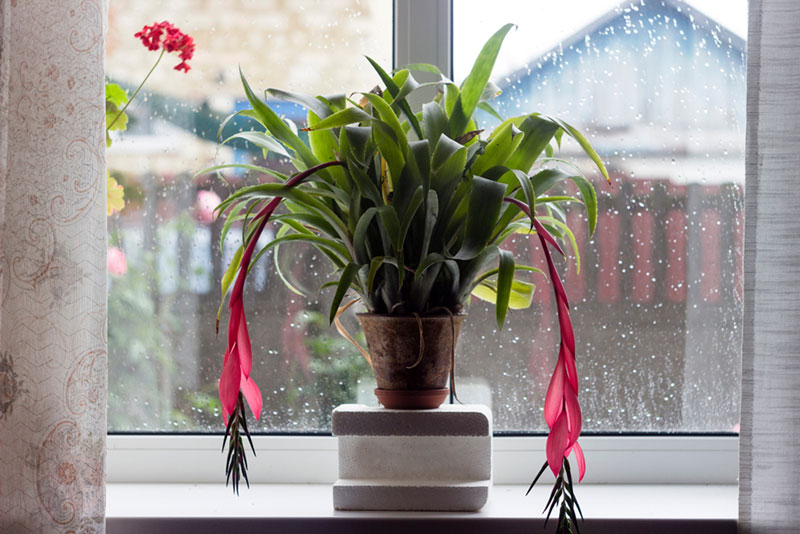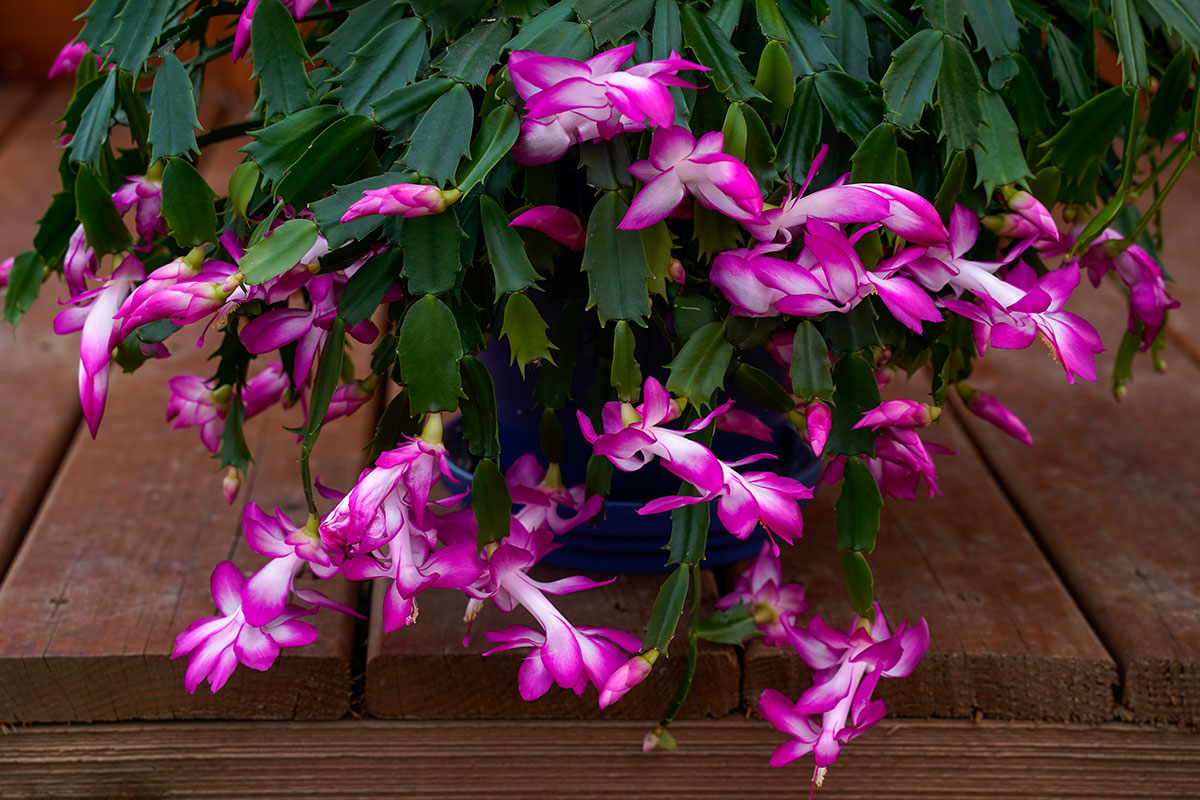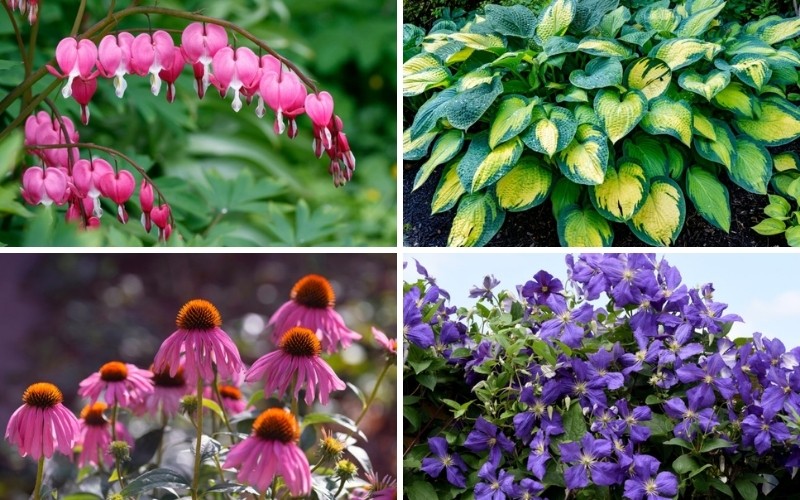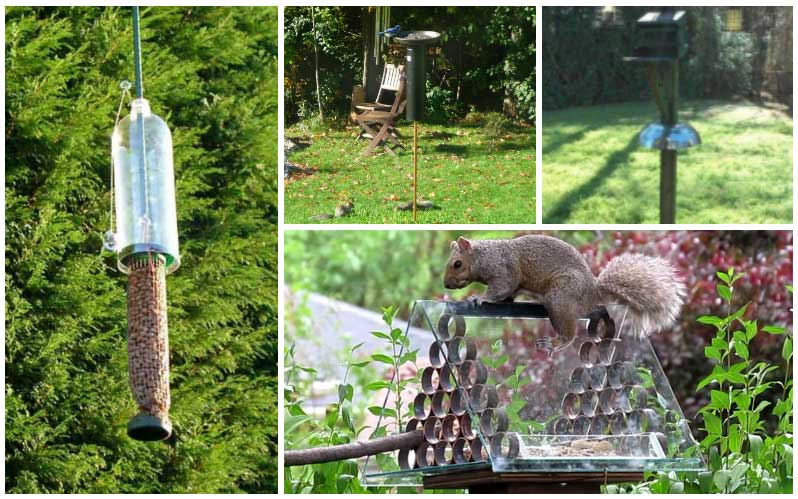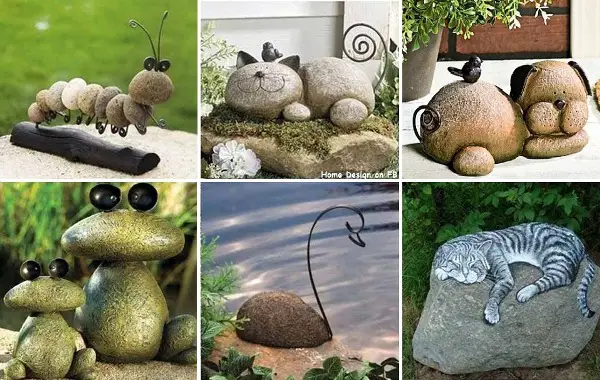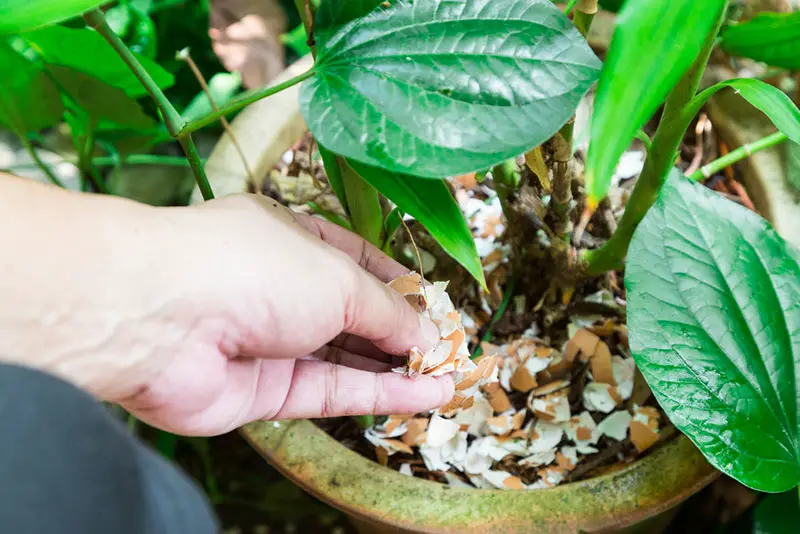
Chemical garden fertilizers can harm humans and wreak havoc on soil.
Luckily, there are organic alternatives, and you can even find some of them right in your house.
Here are 8 DIY ways to add nutrients to your soil naturally:
1. Banana Skins
Fleshy and moist, mineral-rich banana skins easily diffuse potent nutrients into the soil. In addition, banana skins are formidable aphid repellants. Cut the skins into pieces so that they’ll easily decompose, and bury them an inch or two in your garden. Roses and vegetables are especially fond of banana skins.
2. Egg Shells
Eggshells are chock full of nitrogen, calcium, and phosphoric acid. Less stinky than raw eggs and faster to decompose, eggshells can be crushed and tilled into the soil. They can also be scattered into the bottom of the holes of newly planted vegetables to repel critters such as snails and slugs.
3. Epsom Salt
Packing a generous mix of magnesium and sulfur, Epsom salt pumps up blooms, helps plants become bushier and enhances the production of chlorophyll. It is particularly effective with roses, tomatoes and peppers since they often have magnesium deficiencies. It can either be sprinkled in the planting hole or mixed with water.
4. Wood Ashes
Wood ashes are typically used to raise soil pH and can either be scattered or composted. They’re brimming with the essential nutrients for plant growth. However, test your soil before using wood ashes. If it’s already alkaline, they could damage or even kill your plants.
5. Manure
Fertilizing your garden with animal feces may sound sketchy, but it’s top-notch nourishment. Manure is actually a smorgasbord of nutrients. Ideally, it should be composted so that it won’t burn the plants. Don’t ever use dog or cat feces, though, as they can contain communicable diseases such as toxoplasmosis and roundworms.
6. Expired Animal Feed
Expired animal feed can be added to your compost for a nutrient boost. Horse and chicken feed are filled with protein, which is great for plants. Don’t discard that stale dog food, either. It releases nitrogen, potassium, calcium, and phosphorus, and it also attracts beneficial insects, fungi and bacteria.
7. Coffee
Coffee is an eye-opener for humans, and it’s also a pick-me-up for plants. Coffee grounds give plants a big nitrogen boost and can be added to compost. They can also be sprinkled straight onto the ground. If you’re not partial to coffee, Starbucks gives away free bags of used grounds.

8. Composting
Compost is an organic matter that decays naturally into a nutrient-packed fertilizer. Compost materials can include:
• Apple cores
• Stale bread
• Vegetable peels
• Leaves and grass clippings
Unlike fertilizer, which feeds plants, compost enriches the soil, itself. This gives plants better conditions to grow and flourish.
Low-quality soil will only yield equally low-quality plants. Luckily, it’s easy to enrich the soil. Follow these DIY methods, and it will be easy for your plants’ wellbeing to take root.

